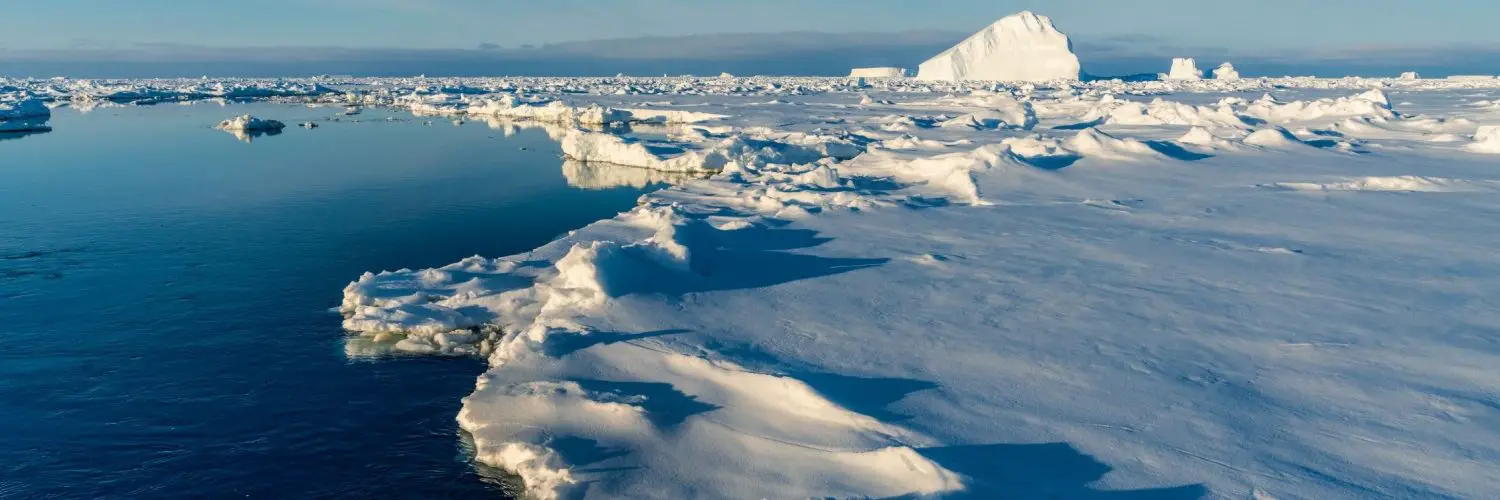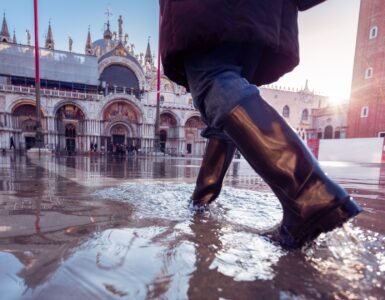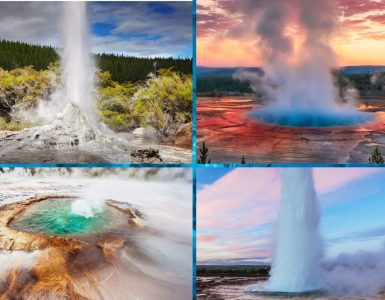The Arctic Ocean is the smallest of Earth’s oceans, spanning only about 8% of the planet’s surface. However, it has a significant impact on both global climate and weather patterns. It is also one of the youngest, yet it plays a massive role in regulating our planet’s atmosphere. Many misconceptions are surrounding this ocean that needs to be cleared up. In this blog, we will discuss some unheard facts about the arctic ocean.
Is all of the Arctic covered in snow?
No, the Arctic is not covered entirely in snow. It does not receive much precipitation at all, an average of only about 16 inches per year! This low amount of rainfall makes it difficult for plants and animals to survive there without melting ice or permafrost (permanently frozen soil). Most marine life cannot live in these conditions because they cannot keep their body fluids from freezing due to the frigid temperatures.
However, cold-blooded creatures like reptiles can still thrive here since their internal temperature remains relatively consistent regardless of external factors. The top layer that we see on land consists mainly of plant life, such as mosses and lichens, which carry out photosynthesis using sunlight when available during the summer months.
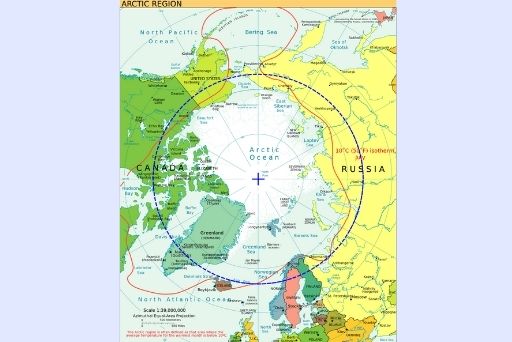
How many countries do the Arctic cover?
The Arctic Ocean covers the coasts of eight countries and has 14,05 million square kilometers. The following are some examples: Canada (449 thousand sq km), Russia (11 million sq km), Iceland (102 thousand sq km), and Norway (147 thousand sq km). This makes it roughly one-fifth the size of Antarctica. Only two of the eight nations with coastlines on this ocean are not members of NATO: Russia and Norway.
This is because Norway chooses to remain outside most international organizations, while Russia has an exclusionary policy that prevents any other country from belonging. It is estimated that at least 15% of the world’s undiscovered oil reserves and 30% of natural gas lie in undersea deposits north of the Arctic Circle.
Countries such as Canada, Denmark (Faroe Islands), Iceland, Finland (Åland Islands), and Sweden have been competing for control over these resources since their potential economic value was realized during WWII.
Why does the Arctic Ocean matters?
The Arctic ocean matters because of rapid warming in recent decades and a variety of other factors. Arctic sea ice has shrunk by 50% since 1980. This shrinkage will have significant social, environmental, and economic impacts on coastal communities and wildlife that depend upon year-round ice cover. The Arctic Ocean is characterized by a deep, narrow basin and shallow shelves. The surface of the ocean is generally covered with ice from December to September. The average elevation below sea level in this area is about 2000 m (6500 ft).
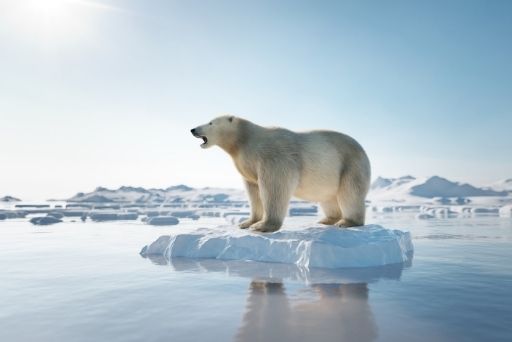
What kind of threats does the Arctic face?
The Arctic is quite different in many ways. Unlike the Pacific, Atlantic, and Indian Oceans surrounding much more land mass than water, the Arctic sits on top of a vast area of land called Eurasia that’s largely covered by ice. This means there are very few opportunities for currents to mix sunlight-warmed surface waters with deeper cold layers below; this can lead to significant changes in regional climate as far south as North America or Europe!
The polar ice cap also impacts global ocean circulation patterns such as thermohaline circulation (also known as “the great ocean conveyor belt”). If an increase in melting sea ice occurred due to rising temperatures, it would lead to a cooling effect in the northern regions of the Northern Hemisphere since sea ice reflects sunlight and prevents heat from escaping into space.
This could result in more extreme weather patterns like blizzards or droughts and shrinking significant habitats for animal life such as polar bears.
Who lives in the Arctic Ocean?
It’s home to a vast array of life, including polar bears, narwhals, beluga whales, and walruses. Land Masses surround both the Arctic Ocean and its sister ocean, North America, from all sides except for one: the Bering Strait between Russia and Alaska.
Wrapping Up
The arctic ocean is one of the most fascinating and misunderstood bodies of water on our planet. In this blog post, we’ve discussed some lesser-known facts about this unique body of water. Hopefully, you’ve learned something new!

